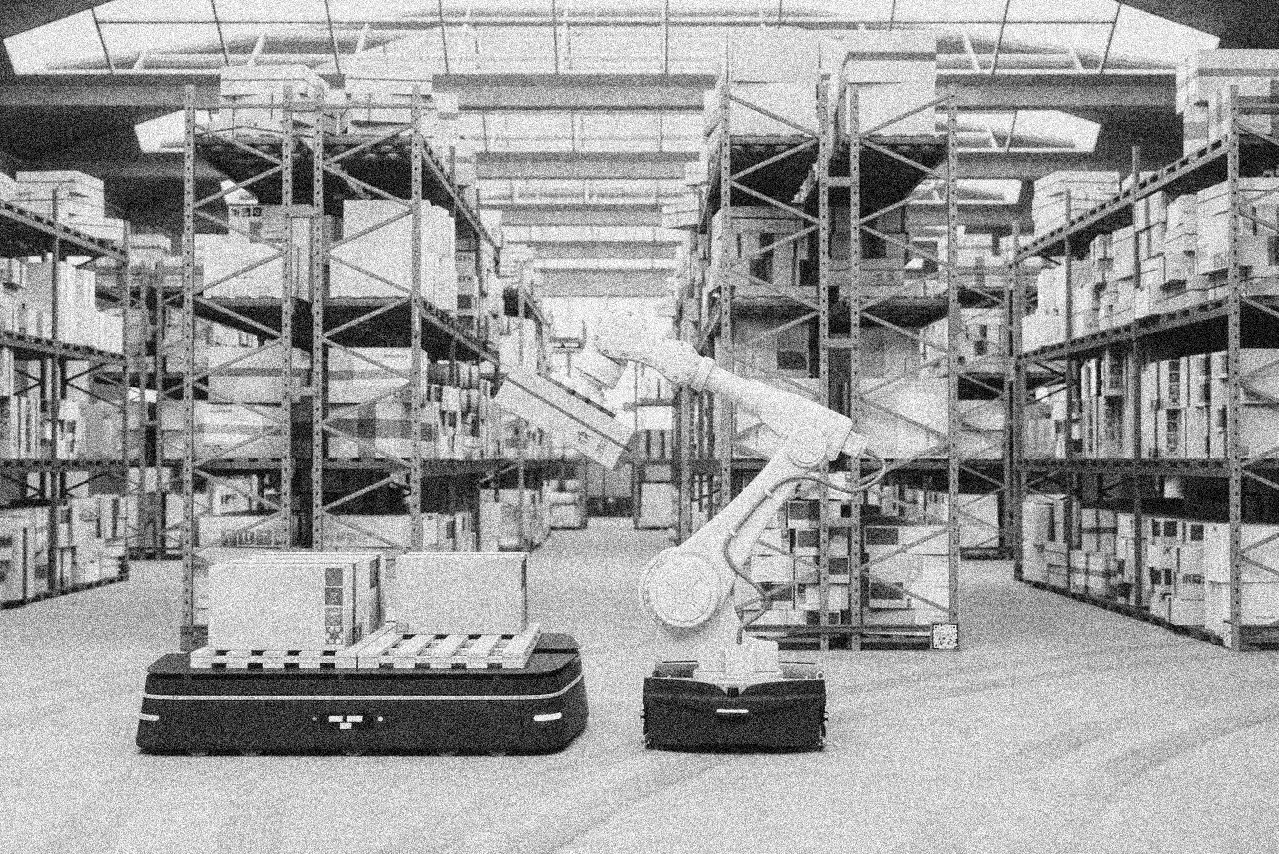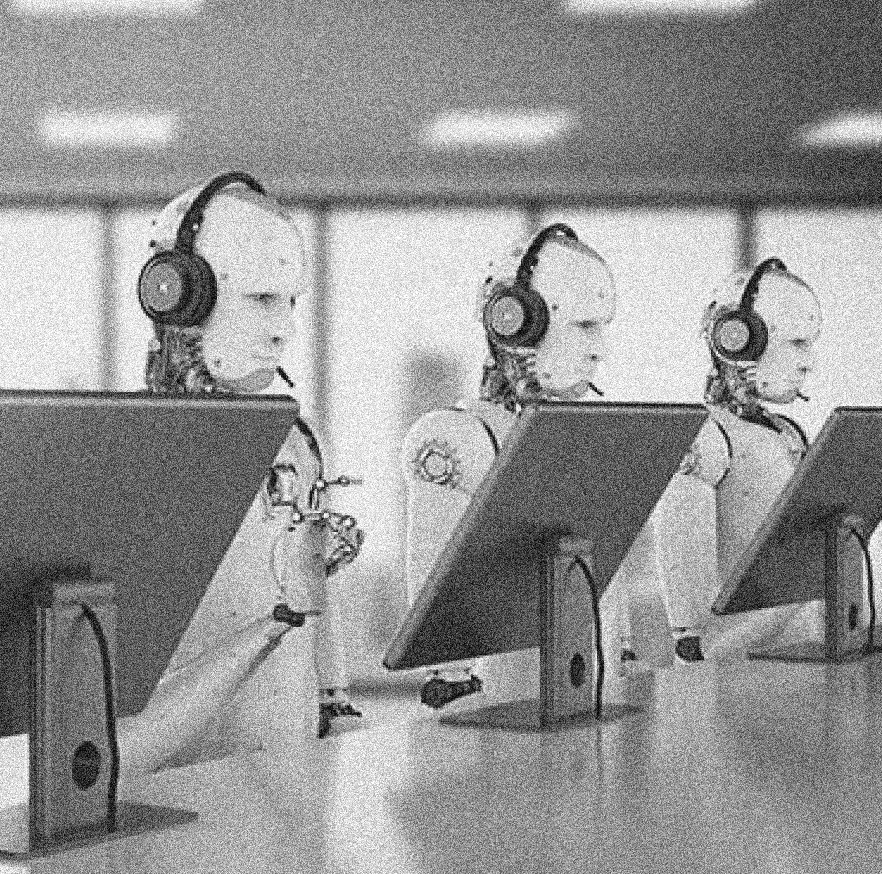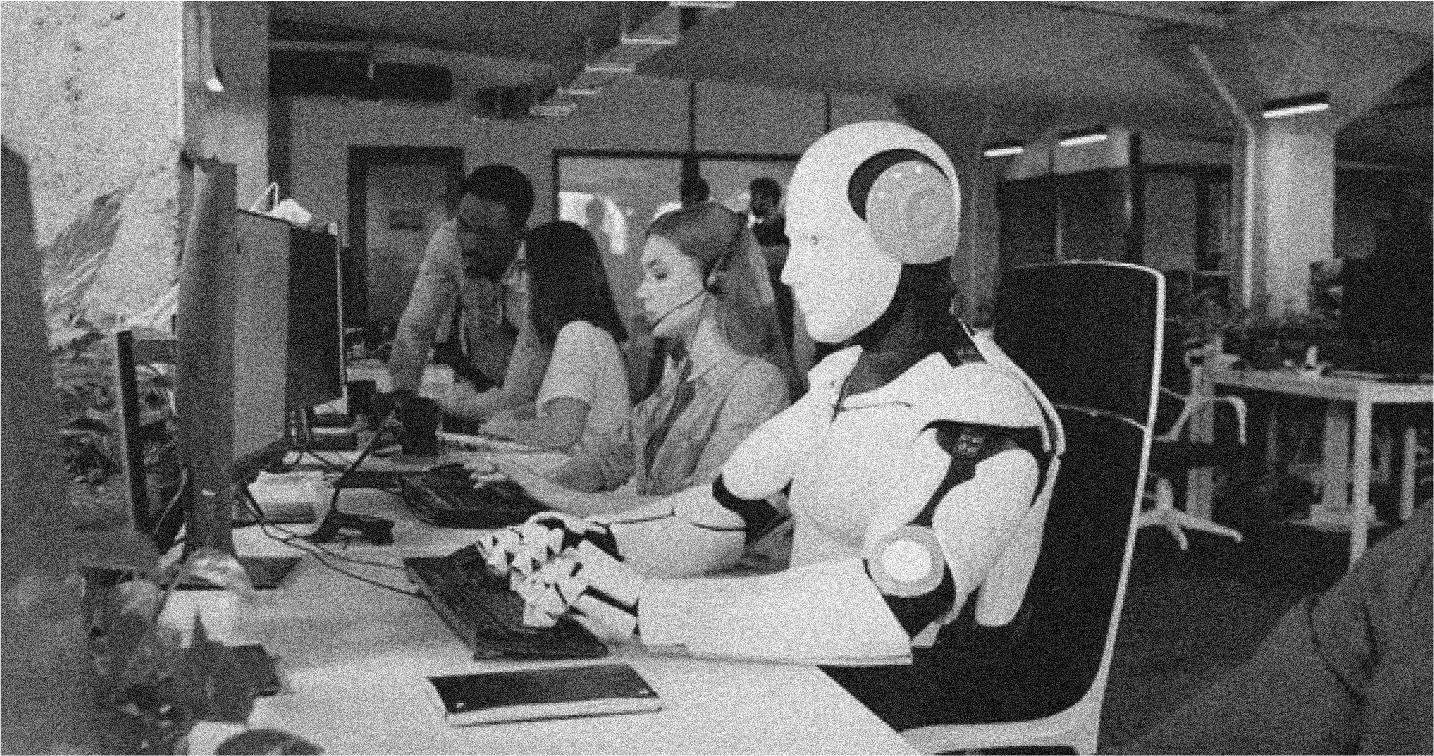
The Promise and Peril of Technology’s Impact on Labor
About this initiative
Artificial Intelligence (AI) and other new technologies are fundamentally transforming global economies and labor markets, presenting urgent challenges and significant opportunities. The AI and The Future of Employment & Income Roundtable, organized by The Future US in association with a committee of expert co-hosts and led by technology expert Jim Clark, will be a virtual convening of top experts to explore ways to harness AI’s potential for societal benefit while mitigating its disruptive impacts on individuals, communities, nations, and civilization.
Urgent Issues and Opportunities

Technological Unemployment

Income Inequality

Work Redefinition

Economic Opportunities
AI + The Future of Employment & Income Virtual Roundtable Co-Hosts
Meet the visionaries shaping The Future US
A look at our process
Deploying tomorrow's breakthroughs to shape policy today. Our process is guided by 100+ technologists, CEOs, civil society experts, investors, former senior government officials, best-selling authors, researchers, media personalities, and other leaders.
Expert Survey
A pre-event survey sent to leading experts seeks to gather insights to be used in the planning for the Roundtable, foster a shared understanding among key participants, and gather invaluable input to inform future actions.
Virtual Roundtable
The roundtable will serve as the centerpiece of the initiative, bringing together key stakeholders to discuss Al's impact on employment and income. It will feature expert presentations, panel discussions, and collaborative exercises aimed at starting to frame actionable strategies.This event will kick off a series of efforts focused on policy development and coalition building.
Policy Lab
Following the virtual meeting, a summary report will be prepared and distributed, highlighting key challenges, opportunities, and next steps. Some of the most effective and contributive participants will be invited to join a more formal working group to advance the initiative, seeking to catalyze legislative and other policy action by others. A full-fledged "Policy Lab" will be held in Fall 2024, including in-person meetings to develop a more granular set of actionable strategies and policy recommendations.
The Future US (TFUS) is a nonprofit, nonpartisan organization based in Washington, D.C. It aims to be DC's crystal ball, forecasting tech disruptions to future-proof America. TFUS, co-founded by innovators such as Miles Taylor (former Chief of Staff at the Department of Homeland Security), Lara Stein (founder of TEDx), Evan Burfield (co-founder of 1776), and Xander Schultz (founder of One for Democracy), co-creates solutions for the country’s biggest problems through action-oriented Policy Labs. In addition to the co-founders, the organization is advised by a diverse group of technologists, CEOs, civil society experts, investors, and former officials, including Mark Harvey, former Resilience Director at the National Security Council, The White House; Tom Malinowski, John S. McCain Senior Fellow, McCain Institute; former Congressman, US House of Representatives; and Karen Minkel, Philanthropy Director at Lever for Change (MacArthur Foundation).
Jim Clark is an organizer of catalytic coalitions and a recognized authority on the future societal implications of science and technology innovation, including technological unemployment and AI governance. In addition to a wide variety of high-level projects in the nonprofit sector, business, politics, policy, and other areas of social impact, he has convened numerous high-profile gatherings of some of the most influential people in the world, including as founder and executive chairman for over two decades (1997-2021) of the World Technology Network. Such gatherings included not only the annual World Technology Summit & World Technology Awards held in association with TIME, Fortune, CNN, and many other leading partners, but also more focused meetings such as the World Summit on Technological Unemployment (2015) and the International Congress for the Governance of AI (co-convenor, 2018-2021).




